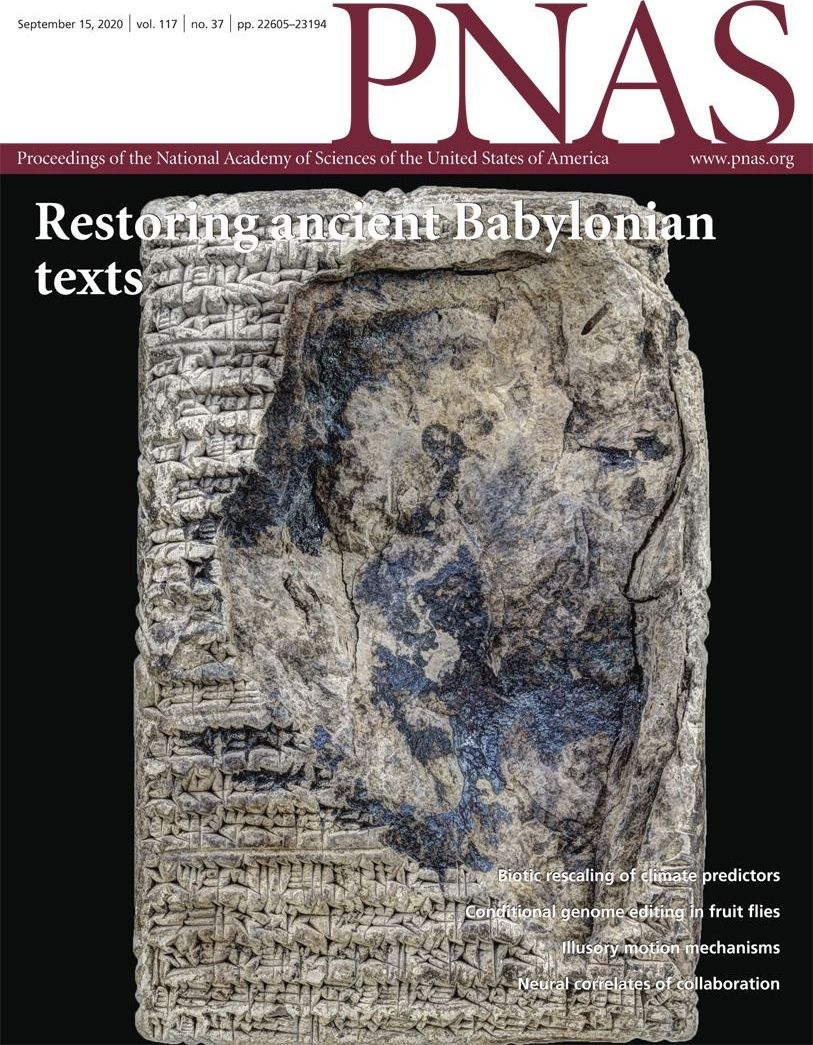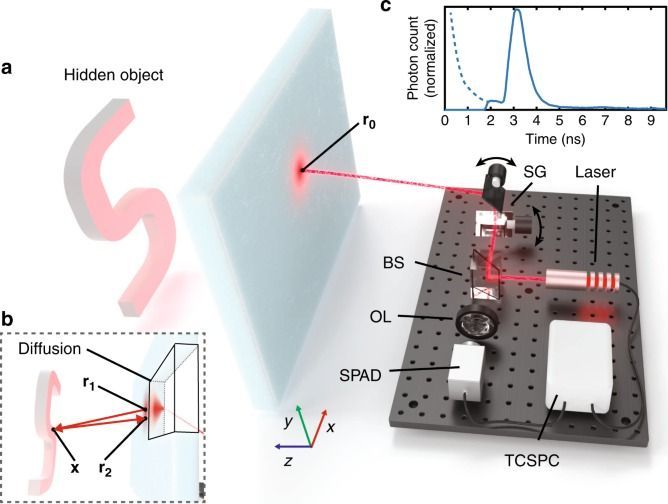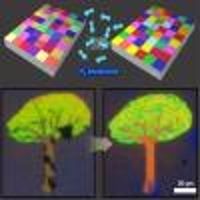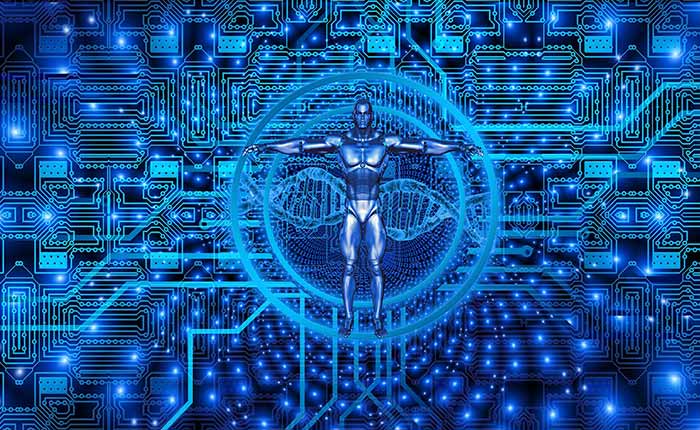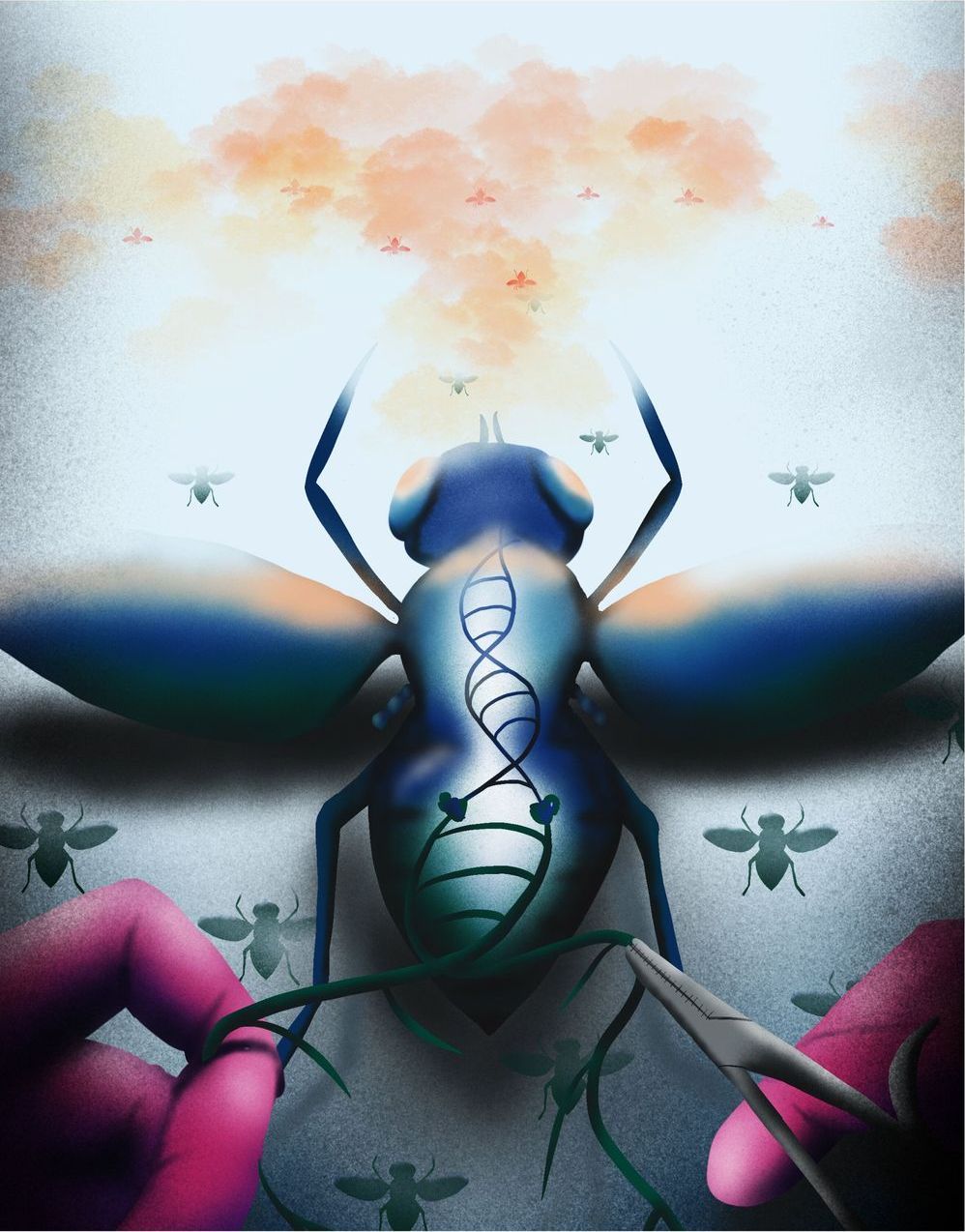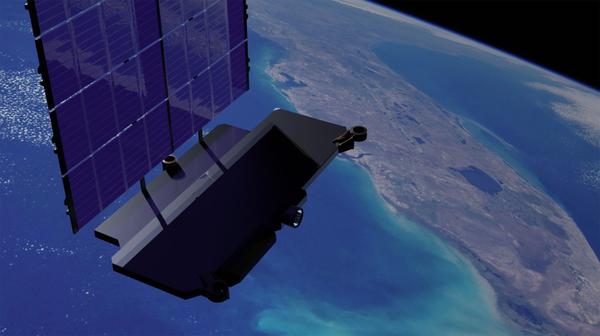Chlorine isotopes are a sensitive tracer of degassing throughout planetary evolution that provide evidence for the universal depletion of volatiles in the Moon. We show that much of the chlorine in mare basalts is trapped in water-soluble phases from vapor deposition with low isotope values, with the remaining being isotopically heavy from degassing. We also use halogen concentrations and bulk-Cl isotope values to show that most lunar halogen loss and heavy Cl enrichment occurred during the Giant Impact—resulting in a 10× depletion of halogens relative to the Earth. Last, we conclude that lunar apatite has much higher δ37 Cl values compared to the bulk rock, likely explained by localized degassing, making their use as direct probes of planetary-scale processes problematic.
Lunar mare basalts are depleted in F and Cl by approximately an order of magnitude relative to mid-ocean ridge basalts and contain two Cl-bearing components with elevated isotopic compositions relative to the bulk-Earth value of ∼0‰. The first is a water-soluble chloride constituting 65 ± 10% of total Cl with δ37 Cl values averaging 3.0 ± 4.3‰. The second is structurally bound chloride with δ37 Cl values averaging 7.3 ± 3.5‰. These high and distinctly different isotopic values are inconsistent with equilibrium fractionation processes and instead suggest early and extensive degassing of an isotopically light vapor. No relationship is observed between F/Cl ratios and δ37 Cl values, which suggests that lunar halogen depletion largely resulted from the Moon-forming Giant Impact. The δ37 Cl values of apatite are generally higher than the structurally bound Cl, and ubiquitously higher than the calculated bulk δ37 Cl values of 4.1 ± 4.0‰.
